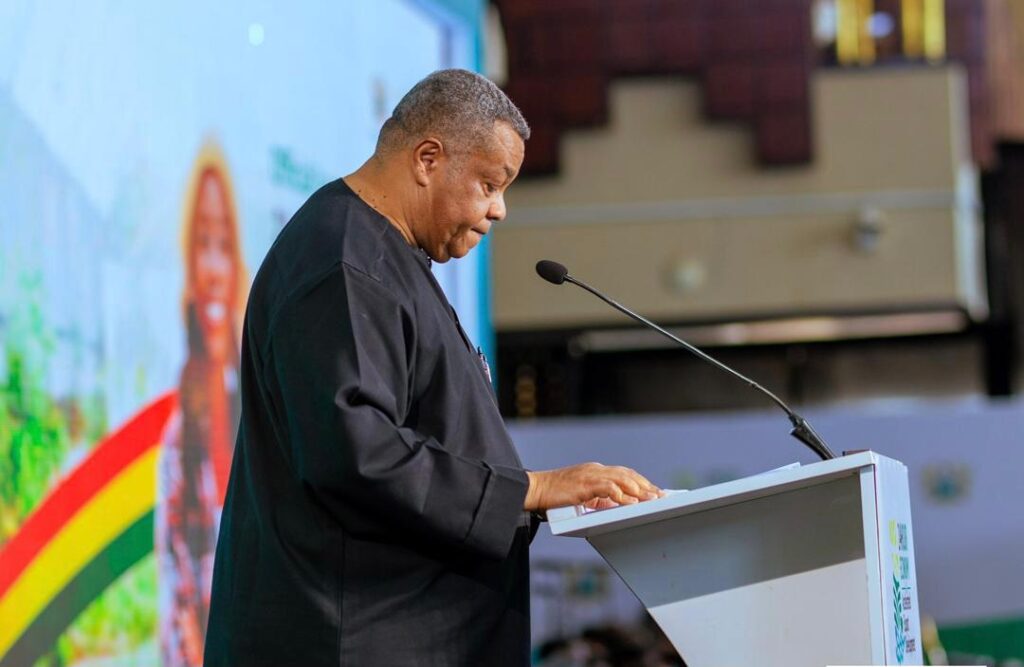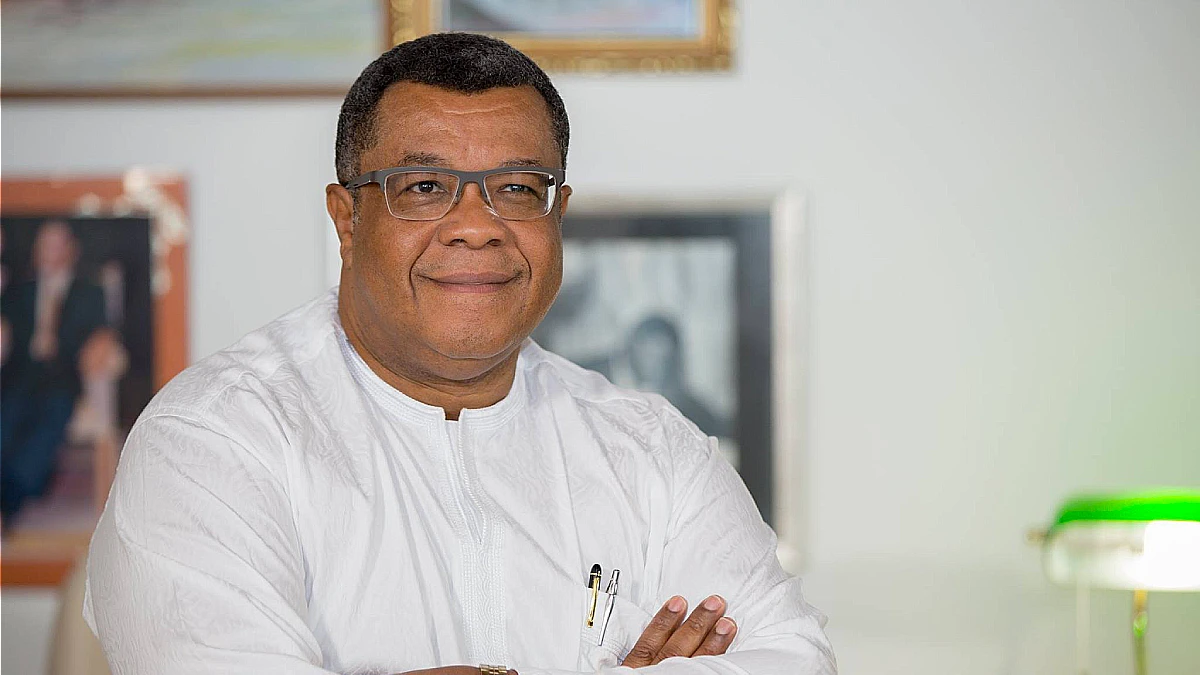Credit: Kekeli K. Blamey
The Presidential Advisor on the 24-Hour Economy and Accelerated Export Development Programmes, Mr. Augustus Goosie Tanoh, has expressed optimism that Ghana’s inflation rate will continue its downward trend in the coming months, following a significant decline to 13.7% in June 2025.
This marks the sixth consecutive month of falling inflation and the lowest rate recorded since December 2021. The steady drop has been largely attributed to declining food prices and a broad easing of price pressures across key consumer categories.
Speaking on the development, Mr. Tanoh noted that strong agricultural performance is playing a crucial role in driving the trend and could further accelerate disinflation.
“I think we’re going to see even more inflation dropping because of the agricultural figures we’re seeing—outside of cocoa. I think [agriculture] grew by 6.7% in the first quarter. If that continues, we’re likely to see further improvement,” he said.
He added that the current trajectory is in line with projections made by key government and monetary officials.
“With the drop in inflation from 18.4% to 13.7%, as was reported on July 2, then maybe Dr. Johnson Asiama, the Bank of Ghana Governor, and Dr. Ato Forson, the Minister of Finance, were right in predicting that we may be heading towards an 11% year-on-year inflation rate,” Mr. Tanoh stated.
While the International Monetary Fund (IMF) maintains a forecast of 14% inflation for Ghana, Mr. Tanoh believes the government’s more optimistic projections are attainable—provided agricultural productivity remains strong and food prices stable.
He emphasized the need for proactive measures, including strategic food reserves and market interventions, to guard against potential price shocks in the months ahead.
“The fund is saying 14% and others are saying 14.9%, but I think that if the trajectory continues—and because the cost of goods, especially food, will probably keep dropping—we can achieve lower inflation. From August, prices tend to dip. The important thing is to generate the requisite harvest and buffer stock that allows you to intervene in the market if prices begin to rise,” he explained.
Ghana’s recent disinflation has been welcomed by businesses and consumers alike, offering some relief amid broader economic reforms and international support under the IMF-backed program. Economists say maintaining this momentum will depend heavily on food security, fiscal discipline, and external stability.







